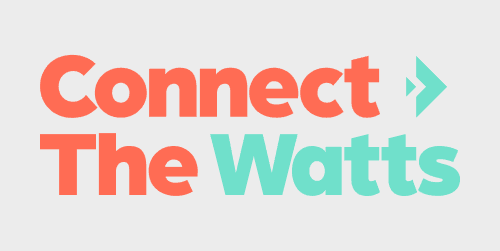
In a recent Bloomberg article, Peloton’s future is looked at as they consider how the company will continue to grow. One interesting tidbit is they detail what senior instructors earn as compensation. If you’ve wondered how much a Peloton instructor makes, read on to find out.
Instructors are at the center of the new business model. Unlike most fitness companies, which hire instructors as contractors, Peloton hires them as full-time employees with a fixed salary and incentive compensation. Talent agents help find them. One instructor last year received a six-figure salary and bonus offer. More-senior instructors make upwards of $500,000 in total compensation, say people familiar with the company—not counting the money they can make from external sponsorships. Foley, a big believer in shared ownership, has also handed equity awards to people throughout the company’s ranks. Regulatory filings show current and former employees as of Sept. 30, 2020, held stock options with several billion dollars of unrealized gains.
Peloton’s instructors have previously said they are treated as experts in their craft instead of “hired talent.” It’s great to see how the company is compensating them well for the talents along with being generous with their stock options. Many Peloton instructors have been able to sign social media sponsorships as well to help grow their income outside of Peloton.
Peloton’s culture externally drives its community feel, and its instructors are a huge part of the community. As their status grows, it would be easy for them to sign more lucrative deals with Apple (for Fitness+) or ICON, but because Peloton has shown them how important they are, they’re more likely to stay for the long term. I know I would be disappointed if a few of my favorite instructors left.
The driver of those gains is digital reach. A typical spin studio houses a few dozen bikes. Peloton’s most-attended session, on Thanksgiving morning last year, drew more than 50,000 people. “The beautiful thing about our model is the scale,” Foley told analysts in November, “where we go from 2,000 people consuming a class to 20,000 people consuming that same class and that same instructor.”
When I am chatting with friends about Peloton as a business, this is one of the examples I always explain. Peloton’s cost structure works out very well for the company long term because as their subscriber base grows, they don’t have to hire more instructors to meet the needs.
Subscribe to Connect the Watts on YouTube to stay in the loop with all the connected fitness news
FTC: We use income earning auto affiliate links. More.



Comments